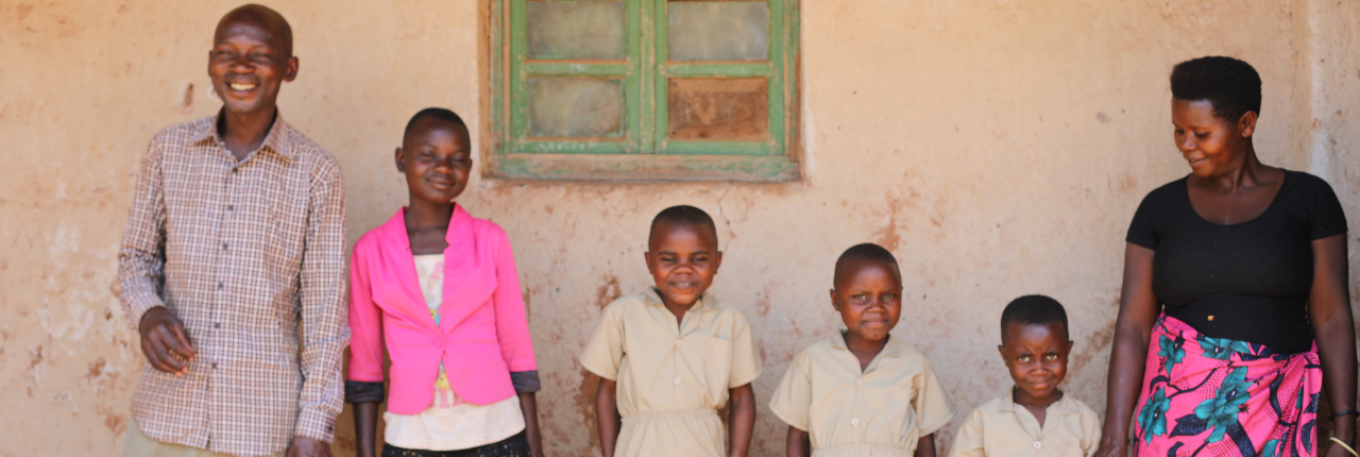You are here

Global Day of Parents – How MU supports families
Family and parental support is increasingly recognised as an important part of reducing poverty, decreasing inequality and promoting positive parental and child wellbeing – something that our Worldwide Parenting Programme (WWP) addresses.
1 June marks the United Nations’ Global Day of Parents, a day dedicated to honouring parents and celebrating their role in providing for the emotional, physical and social needs of children. It emphasises the importance of parental guidance, support and love for the healthy development and wellbeing of children, acknowledging the hard work and dedication that parents and caregivers invest in children’s lives. It also highlights the importance of creating supportive environments where parents can thrive in their role, ensuring the best outcomes for children.
Family and parental support is increasingly recognised as an important part of reducing poverty, decreasing inequality and promoting positive parental and child wellbeing – something that our Worldwide Parenting Programme (WWP) addresses.
The global programme trains local facilitators to deliver an 8-12 week course with community groups. The groups meet regularly to discuss different topics and share parenting experiences, with locally relevant resources used to guide the groups through sessions that cover the highs and lows of parenting, the parent-child relationship, and sensitive issues such as sex and relationship education and discipline. The core theory behind the programme is to allow communities to get together and work towards solutions, creating parenting networks that continue long after the initial course has finished. It empowers individuals and brings together communities to overcome parenting challenges collectively.
At MU, we strive to support families in all their forms, welcoming anyone who wants to improve their relationship with their children with a non-judgmental approach. While we are a Christian organisation, our parenting courses are not faith-promoting and are open to people with all faiths and none.
In the Solomon Islands, more than 85% of children experience violent discipline, leaving parents desperate for tools to foster peace and understanding at home. Since 2012, we’ve been delivering the life-changing WPP to support families with conflict resolution, nurturing healthy relationships and building harmony. The programme is highly valued in the community for its impact on improving parenting skills and enabling stronger family relationships.
Sidonia, a mother and now a grandmother, recalls how her life transformed after attending the programme. “Before the training, we struggled as parents, and our home was filled with tension. Through the course, we learned to lead with love, and today our family is filled with peace and joy.”
In Guyana, the WPP is changing the way parents raise their children. Due to high levels of poverty and lack of access to education and work opportunities, parents can often take their emotions and frustrations out on the children at home, with common practise to discipline using a belt or a cane.
Mary, a mum of six, attended the parenting sessions every weekend. “I learned how to speak to my children instead of beating them. By the time I had my younger children, I realised that I disciplined them very differently to the older ones. I speak to them in a better way.”
Feedback from participants shows that the programme also helps to reduce social issues such as domestic violence and drug and alcohol abuse. In some countries, the programme has been extended into prisons, working with fathers who have been incarcerated, with an emphasis on parenting being a vital tool for managing life within the family and the community.
As we mark the Global Day of Parents, we celebrate the Worldwide Parenting Programme which stands as a testament to the power of community and practical support in helping families thrive. By equipping parents with the tools to nurture, guide, and connect with their children in meaningful ways, we strengthen individual households and build peaceful, resilient communities.
